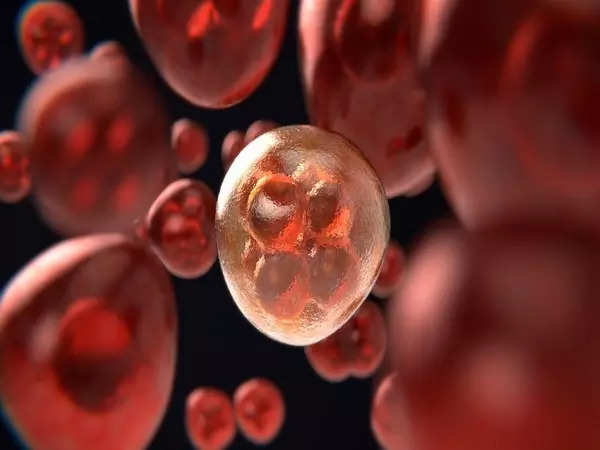Former DG of ICMR, ET HealthWorld

New Delhi: India has the highest number of cases for each of the major neglected tropical diseases (NTDs) in the world. NTDs are mostly found in impoverished communities in tropical areas, but some have a larger geographical distribution.
In view of the increased number of NTDs in India, Nirmal Kumar Ganguly, former director general of the ICMR, said that there are 172 million patients with NTDs worldwide, of which India has the highest number of patients.
There are many such diseases in India, about which people do not have much awareness. But it affects a large number of people in any corner of the country. These diseases are called NTDs, which include viral, parasitic, and bacterial diseases that mainly affect the world’s poorest people.
These disease also include serious ones like leishmaniasis (kalazar), lymphatic filariasis (hathipaon), leprosies, etc. Earlier, a dangerous disease named Guinea worm was also included in it; however, now the world has gotten rid of this disease.
Nirmal Kumar said, “There are 172 million patients with NTDs worldwide, of which India has the highest number of patients. Because two-thirds of the total patients are found in India only. The poorest communities in India are found to be most affected by these diseases.”
Ganguly said that the government is very serious about neglected tropical diseases, and awareness campaigns are being run regarding these diseases. The government is making every possible effort to account for these diseases; from raising awareness to identifying the right treatment, the government is bearing the entire expense.
“Not only this, but the government is also running a door-to-door campaign regarding NTDs. In different parts of the country, many camps are organised in poor, backward areas for awareness and treatment of such diseases. The goal of the government is that by the year 2030, maximum awareness about these diseases can be created among the people and treatment can reach the patients so that these diseases can be eliminated,” the former director general of the ICMR said.
Ganguly said that India has taken significant steps to address major NTDs through dedicated programmes, be it for leprosy, the elimination of filariasis, or kalazar. The number of cases across all has come down significantly. National days for NTDs and dedicated days like National Filaria Day also exist.
Highlighting the challenges, the former director general of the ICMR said that providing diagnostics and drugs to all states at a given time, coordinating efforts across various ministries, encouraging innovation, and ensuring research aligns with control programmes is the priority. India is doing well with designated programmes, research by institutes, and new modules, but further coordination is essential.
He said that, actually, there are 20 neglected tropical diseases. Few of them have India eradicated, like the guinea worm. India has reached the elimination stage, where it is no longer of public health importance to treat the trachoma, which has no vision.
“So these are the real achievements of India. The other achievement of India is that the three major parasitic diseases, one of which is leishmaniasis, are the only few cases that we are getting, and the majority of them are prevalent in six endemic blocks, while others are free of them. So, Bangladesh has declared elimination for this, and Nepal is also coming down. So there has been a great achievement for leishmaniasis (kalazar)”, Ganguly added.
He further said only the challenges at the moment of neglected tropical diseases are there for dengue, which is very prevalent, and we have to deal with that appropriately. Leprosy is another disease where, more or less, we have received the elimination, and most of the places of elimination mean that it is no longer public and dimmer except in a few areas.
For NTDs, the focal point should be women and children, as they are often the most vulnerable and most affected. Strengthening the health system and integrating dedicated health programmes sustainably with the available health system is crucial for effectively addressing NTDs, Ganguly added.
The former director general of ICMR also said that, at present, these diseases have gained priority globally, not just in India, and this is essential as the success of these programmes is dependent on globally developed medicines and partnerships.
The London Declaration in 2012, where NTDs were given significant importance, and the Kigali Meeting in 2012, where over 100 participants pledged to prioritise NTDs. World NTD Day on January 30 was established. Partnerships were formed, and companies supplied drugs free of charge.



